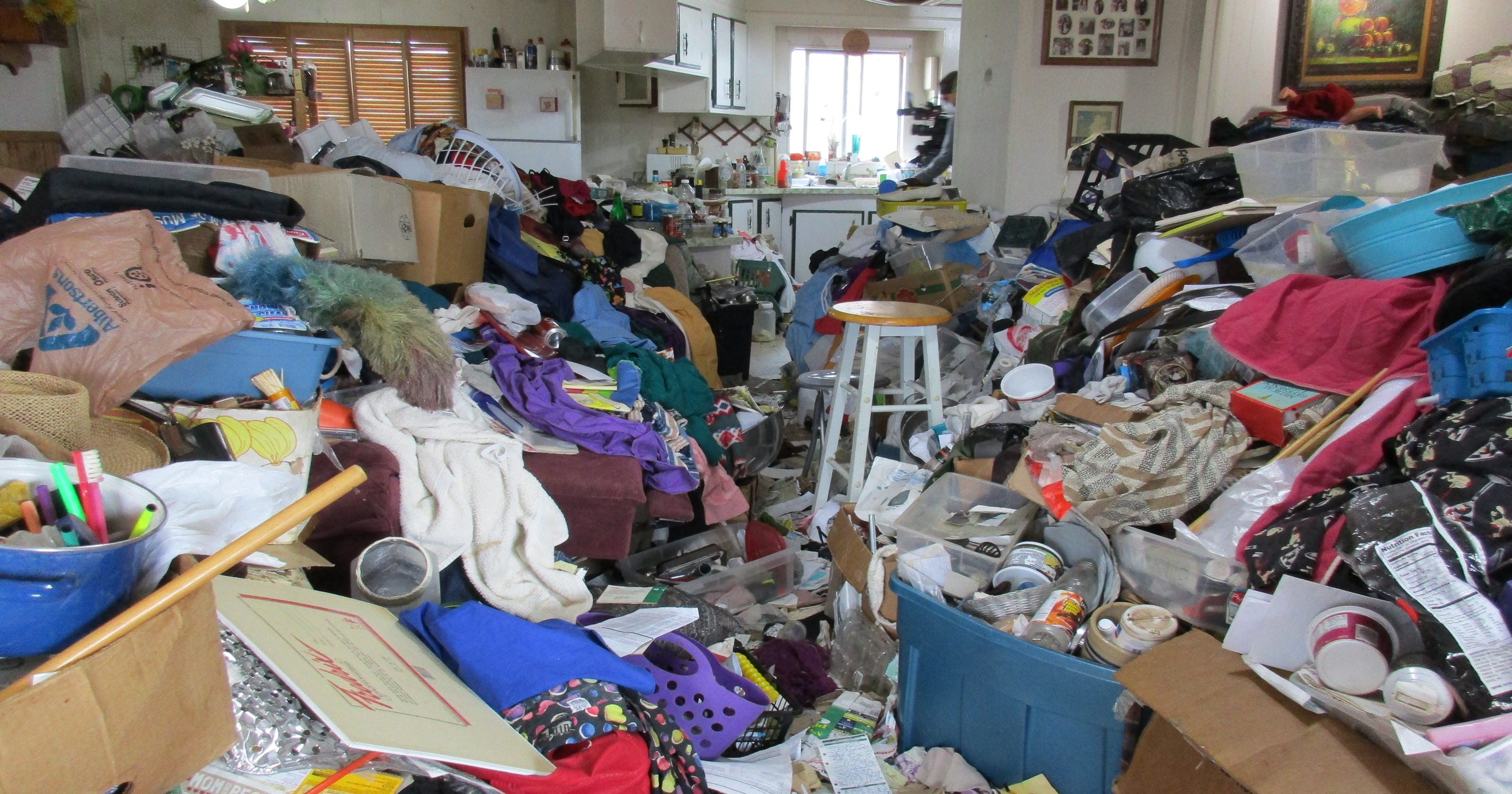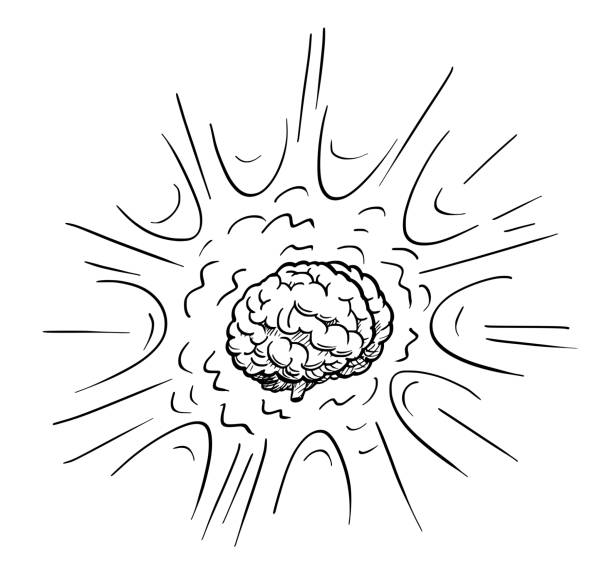A lot (if not most) “mental disorders” are caused by internalising and otherwise understanding the message of capitalism. “Accept” is the wrong word here, because acceptance implies agreement, when in fact it could be as simple as “going with it”.
Take hoarding for example. We live in a world of things. We are told from a young age that material possessions are important, that things are important. Marxists know that it’s the relationships that make up things, of course, but capitalism focuses on the things themselves. When one considers thing worship in the form of rampant consumerism, high value “antiques” and other nonsense it is a surprise that not more people are hoarders. Shows like Pawn Stars and the like, Antique Roadshow and other antique “hunting” shows like it really drive home the idea that that old junk forgotten in the attic could be worth a lot of money some day.
People who have a “mental disorder” are really just open and receptive to the dominant ideological ideas in our society. What spawned this post was a BBC article about a woman who is going to “cure” hoarding by making an animated film. That idea is silly because one does not cure a disease by managing its symptoms. The animated film is going to show “how destructive hoarding is to relationships”. Even the artist admits that “it took time to realise hoarding was a problem for her family”. No shit, we are trained and socialised into thinking that having things is actually a good thing. The animated film won’t work; a cynic-slash-realist would say the artist found a niche to exploit and make money/a name for herself on. No hate there, we all have to hustle in capitalism.
This is why the sidebar says “train magic resistance”. Sometimes having “mental health problems” can be a bit like being a lightning rod for all the worst things in capitalism. One way of helping yourself and/or others is to unpack why something is the way it is. Once that is done, and the issue is identified, it is much easier to tackle it and ultimately solve/defeat it.
Scalpers (especially those who hoard GPUs and consoles) are easily the best example of this. They buy hundreds of tech peripherals then jack up the price to prey on desperate gamers who can barely afford scraps.
A hoarder is someone who can’t throw anything away, who fills their house/apartment with stuff.

Otherwise we call them collectors. lmao and I just realised how silly that is: A person is considered unwell if they fill up their house in a disorderly fashion with things without perceived value, but if they fill up their house with something with perceived value and display them nicely then they are a collector.
What people perceive to be valuable is the key here. Marvel toys are unlikely to be valuable or useful, yet people can still “collect them” not “hoard them”.
I could also see the possibility that some of it is an instinctive fight against the disposable nature of capitalism. In particular, as hoarding relates to old knickknacks and the like (not necessarily buying lots of toilet paper or whatnot).
Colonialism/imperialism/capitalism seem to share the notion of not valuing preservation. Whether we are talking about destruction of the environment, of culture, of knowledge, or in capitalist markets with products, planned obsolescence. I find my thoughts going back to a seeming pushing of nihilism in this regard; a mentality that none of this really matters anyway because it’s impermanent and so you shouldn’t care. Which is useful to the conquerors when they are carrying out rampant destruction.
Somebody in a little home in a capitalist country can’t personally preserve a historically building being bombed by imperialists, but they can preserve some old electronics that are dwindling in relevance or some old knickknacks that hold special memories for them. They aren’t doing the collective thing of finding shared value in shared preservation or repurposing of things deemed important, but they may not have a collective lens or community to do such with in the first place. So all they’ve got is individualism and building a little mound where they can fit it.
A minimalist can still be putting a lot in a landfill, due to how capitalism is structured. The stuff has to go somewhere.
They preserve things important to them is the key. An old suit, something they picked up on a walk, something they value, something that reminds them of good times, something they think they might need in the future. There’s rarely consideration whether it will be useful for others because in their minds it is useful for them. Otherwise a hoarder could be “un-hoarded” by people asking for a thing the hoarder has, get enough people to want all of the things and hoarders house would be emptied.



